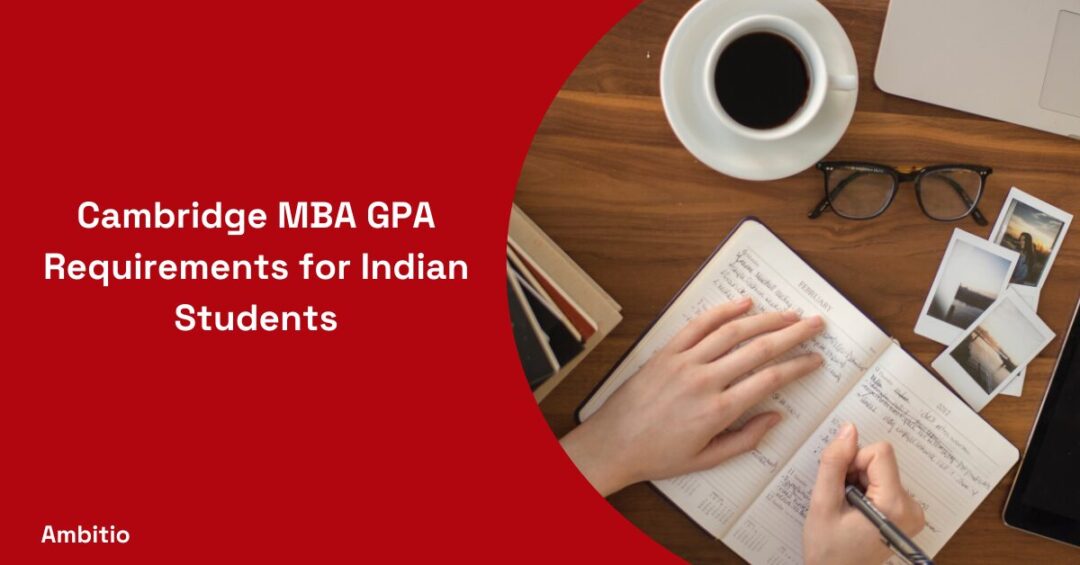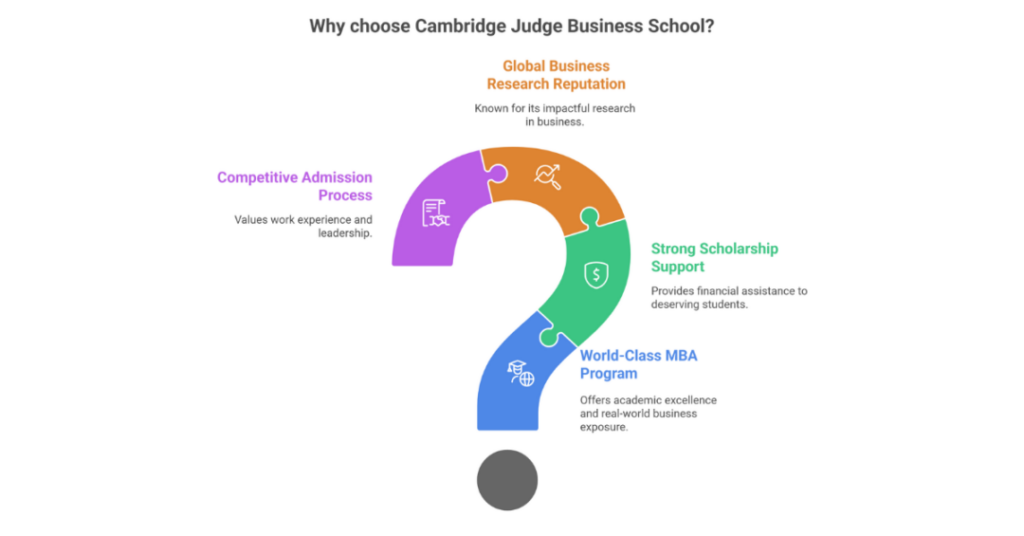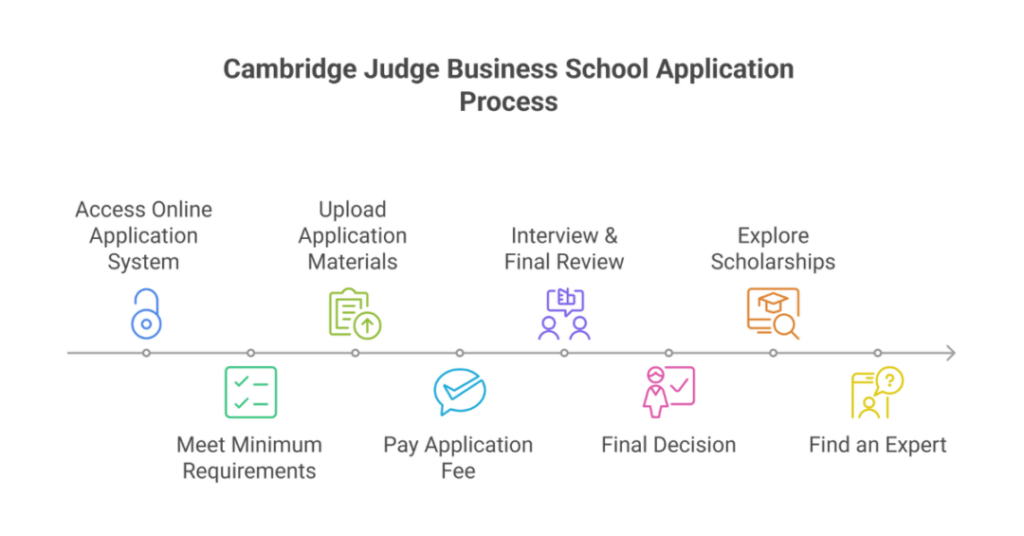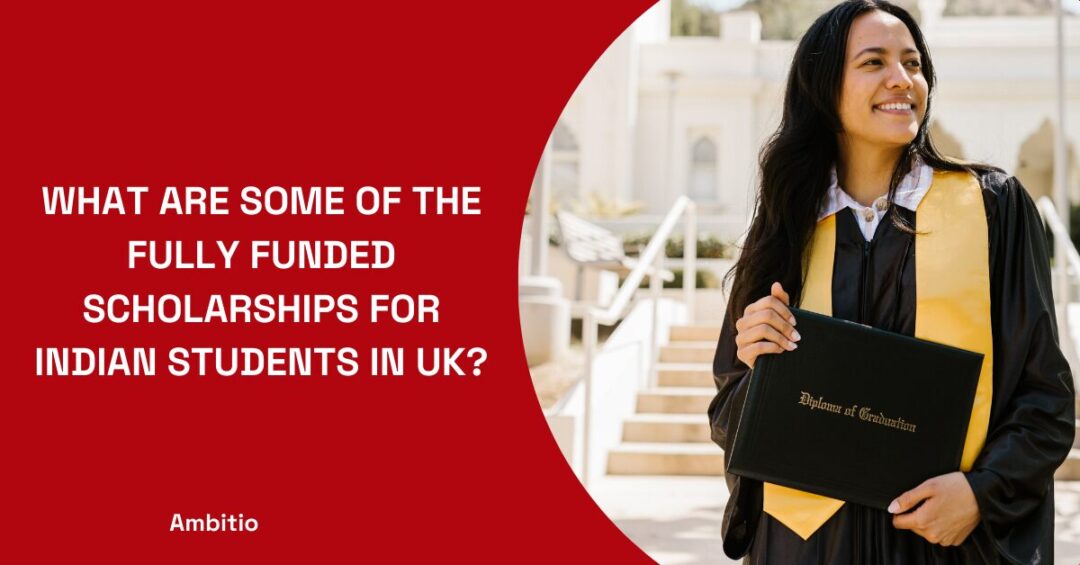15 July 2025
5 minutes read
Cambridge MBA GPA Requirements for Indian Students

Key Takeaways
- Cambridge MBA GPA of around 3.5 is competitive, but overall profile strength matters more than just academics.
- Convert and present your Indian grades correctly to avoid losing out during the application review.
- Focus on clear goals, strong work experience, and impactful essays to stand out.
Only 6.5% of applicants get accepted into the Cambridge Judge MBA program, yet most Indian students don’t even know what Cambridge MBA GPA they need. With grading systems in India differing widely from the UK’s, many bright applicants lose out simply because they don’t convert or present their scores correctly.
The admissions committee at Cambridge Business School looks beyond just numbers, but GPA still matters. Understanding how your academic profile fits the Cambridge MBA application process can make or break your chances.
Why Indian Students Choose Cambridge Judge Business School?
Indian students choose Cambridge Judge Business School for its world-class MBA program, strong scholarship support, and global business research reputation. The Cambridge MBA blends academic excellence with real-world business exposure like the Cambridge Venture Project.

With a competitive Cambridge MBA GPA requirement, flexible GMAT or GRE scores, and a diverse class profile, the University of Cambridge offers unmatched post-MBA career outcomes at top firms like Amazon. Its admission process values work experience, leadership, and well-rounded MBA application materials.
Understanding the GPA Requirement for Cambridge MBA Admissions
When it comes to Cambridge MBA admissions, many MBA students, especially international students, struggle to decode the GPA requirement. The Cambridge MBA GPA is not fixed, but understanding past trends can guide serious MBA candidates in shaping a competitive application.
Here’s a snapshot of key GPA-related admission requirements and class trends at Cambridge Judge Business School (CJBS):
| Category | Details (Cambridge MBA – 2023 Data) |
|---|---|
| Average GPA (Estimated) | 3.5 (not officially published, but based on accepted students data) |
| Years of Work Experience | Minimum of 3 years; Cambridge MBA class average: ~6 years |
| Application Fee | £165 |
| Application Deadline | Rolling deadlines; final one usually in May before MBA year begins |
| Full-Time MBA Duration | 12 months |
| GMAT / GRE Score | Average GMAT score: ~690; GMAT or GRE accepted |
| IELTS / TOEFL Requirement | Applicants whose native language is not English: IELTS 7.5 / TOEFL 110 (minimum score) |
| Scholarship Opportunities | Strong MBA scholarship options for merit, need, and diversity (advancing women in business) |
| Admission Essays | Required as part of the entire application |
| Business Skills & Experience | Emphasis on leadership, development and career, business skills, and impact in global business |
| Female Representation | ~43% female MBA students in recent Cambridge MBA classes |
| Career Outcomes | Graduates gone on to work with top business firms like Amazon, McKinsey, BCG |
Note: While GPA is a key factor, the admissions committee at Cambridge University takes a holistic view, evaluating your MBA experience, application essays, references, and years of full-time work experience. Indian students pursuing an MBA here should focus on the minimum requirements while showcasing career impact and leadership potential.
What Is a Competitive GPA for Cambridge MBA Applicants?
A competitive Cambridge MBA GPA is typically around3.5 on a 4.0 scale, based on profiles of current students and alumnus. While there’s no strict cutoff, strong academics paired with at least three years of full-time work experience significantly boost your chances of admission.
The business school admissions process is holistic, factoring in GMAT scores, reference from a supervisor, and your fit within the MBA community. Located in the heart of Cambridge, CJBS offers 40 well-crafted programmes, a strong commitment to advancing women, and post-MBA roles at companies such as Amazon. Students applying are strongly encouraged to apply.
University of Cambridge MBA: GPA vs. GMAT and Work Experience
Many applicants wonder what matters more: a strong Cambridge MBA GPA, a top GMAT score, or relevant work experience. The truth? The University of Cambridge takes a holistic approach, balancing all three as part of the admissions process.
Here’s how GPA, GMAT, and Work Experience stack up for Cambridge MBA applicants:
| Admission Factor | Details |
|---|---|
| Cambridge MBA GPA | Competitive average: ~3.5 (varies by applicant profile and year) |
| GMAT / GRE Score | Graduate Management Admission test score required for admission; average GMAT ~690 |
| Work Experience | Minimum: 3 years of work experience; Average: 6 years of work experience |
| Acceptance Rate | ~6-12% (varies from year to year) |
| Application Process | Submit their application via online application system |
| Application Materials | Includes GPA, GMAT/GRE, resume, essays, and reference from a supervisor |
| Scholarships Available | Wide range of scholarships based on merit, need, and diversity |
| Choosing Your Path | Use “Search our portfolio” if you’re not sure which programme fits you |
| Support Resources | CJBS allows students to find an expert mentor or guide throughout their MBA journey |
| Visibility and Impact | Alumni often contacted by journalists for thought leadership |
While your Cambridge MBA GPA matters, it’s your total profile, from test scores to professional experience, that truly influences whether you submit an application that stands out.
Application Process for Cambridge Judge Business School
Applying to Cambridge Judge Business School requires more than just meeting the Cambridge MBA GPA, you need to navigate each step with clarity and strategy.

Here’s a simplified breakdown of the application process using all key admission elements:
Step 1: Online Application System
Start by accessing the online application system and submit their application before the application deadline.
Step 2: Meet Minimum Requirements
Ensure you meet the required for admission criteria: a competitive Cambridge MBA GPA, graduate management admission (GMAT/GRE), and 3 years of work experience.
Step 3: Upload Application Materials
Submit your application essays, resume, reference from a supervisor, transcripts, and English proficiency scores (IELTS/TOEFL if native language is not English).
Step 4: Pay the Application Fee
Pay the application fee via the portal.
Step 5: Interview & Final Review
If shortlisted, you’ll be interviewed by a panel that’s part of the admissions process.
Step 6: Final Decision
Admission offers depend on acceptance rate, Cambridge MBA class profile, and a holistic review including business skills and potential to contribute to the MBA community.
Step 7: Explore Scholarships
Accepted students can explore a range of scholarships focused on diversity, merit, and advancing women in business.
Optional: Find an Expert
If you’re not sure which programme fits best, search our portfolio or find an expert via CJBS admissions support.
Post-Acceptance
CJBS allows students with 6 years of work experience or more to lead in global business roles at companies such as Amazon. You may even be contacted by journalists as a CJBS alumnus and thought leader.
How to Strengthen Your Cambridge MBA Application Beyond GPA?
Even if your Cambridge MBA GPA isn’t ideal, that alone won’t disqualify you. Cambridge Judge looks at the entire application, so you have multiple ways to stand out beyond your grades.
1. Craft Impactful Essays
Use your essays to showcase leadership, resilience, and clarity of purpose. Go beyond what’s on your resume.
2. Highlight Real-World Achievements
Demonstrate how you’ve created a measurable impact in your job or community, especially through team leadership or innovation.
3. Secure Strong Recommendations
Choose recommenders to secure letters of recommendation who know you well and can speak honestly about your growth, character, and potential.
4. Demonstrate Global Perspective
Showcase international exposure or how you’ve adapted to diverse teams, markets, or cultures.
5. Emphasize Soft Skills
Strong communication, problem-solving, and adaptability are highly valued. Reflect these in your interviews and interactions.
6. Excel in GMAT or GRE
A high test score can offset a lower GPA by proving your academic readiness.
7. Be Clear About Post-MBA Goals
Define what you want from the MBA and how you’ll use it. A clear, well-aligned vision can win over the admissions panel.
Conclusion
Your Cambridge MBA GPA is important, but it’s not the only thing that defines your application. Cambridge Judge looks at your journey, your goals, and the value you bring to its global MBA community. So, if you’re aiming to build a profile that stands out beyond just numbers, Ambitio is your go-to partner.
At Ambitio, we don’t just prepare you, we position you. From crafting a winning application to building a powerful profile tailored for top B-schools, we’ve got your back.
FAQs
What is the average GPA required for admission to the Cambridge MBA program?
While CJBS does not specify a rigid GPA requirement, a competitive GPA typically falls in the range of 3.5 to 4.0 on a 4.0 scale. However, other factors, such as standardized test scores and work experience, are also considered.
Can I apply to the Cambridge MBA program without prior work experience?
While work experience is preferred, CJBS considers applicants with diverse backgrounds. However, having some work experience can enhance your application and contribute to the classroom experience.
Are scholarships available for MBA candidates at Cambridge Judge Business School?
Yes, CJBS offers a range of scholarships to deserving candidates. These scholarships are awarded based on various criteria, including merit and diversity. Explore scholarship opportunities to reduce the financial burden of your MBA.
What is the acceptance rate for the Cambridge MBA program?
The acceptance rate can vary from year to year, but CJBS seeks well-rounded candidates who demonstrate academic excellence, leadership potential, and a strong fit with the school’s values and culture. Your chances of admission improve with a strong application and a competitive GPA.

You can study at top universities worldwide!
Get expert tips and tricks to get into top universities with a free expert session.
Book Your Free 30-Minute Session Now! Book a call now




























